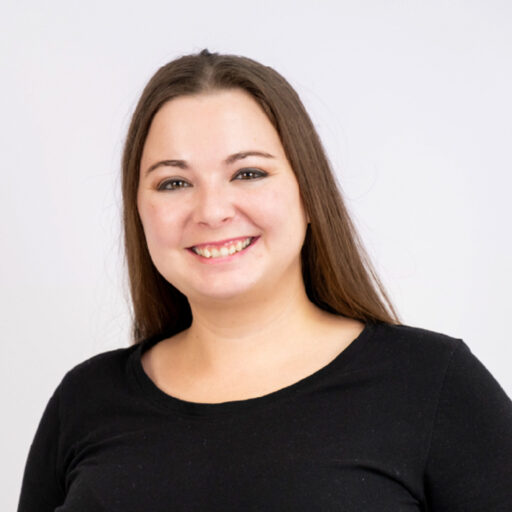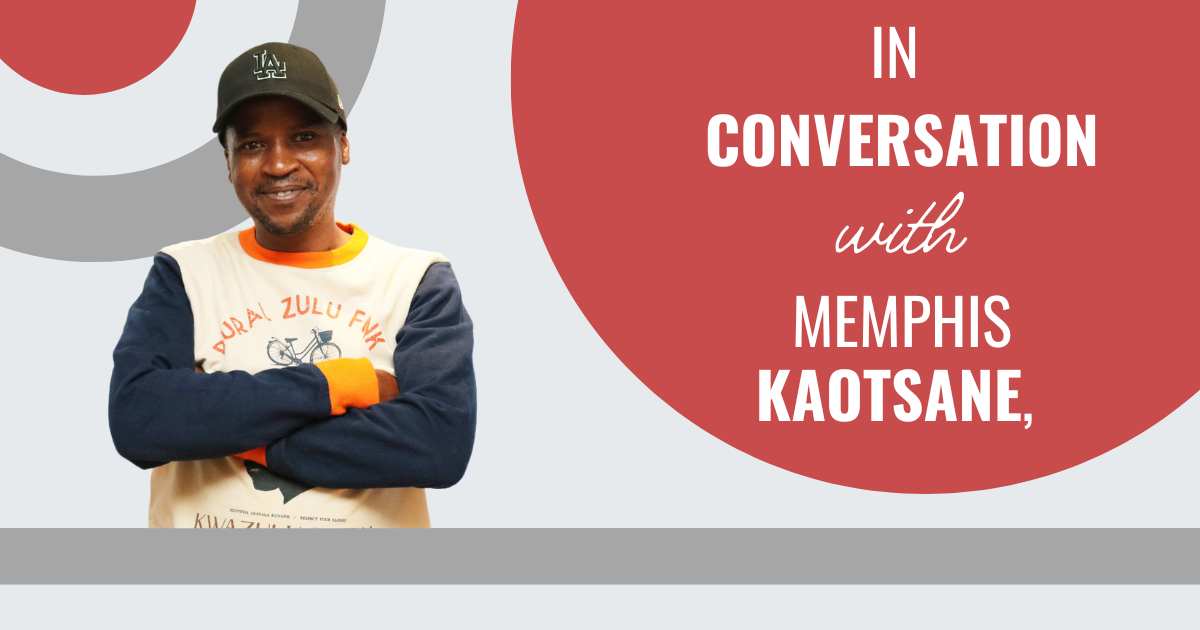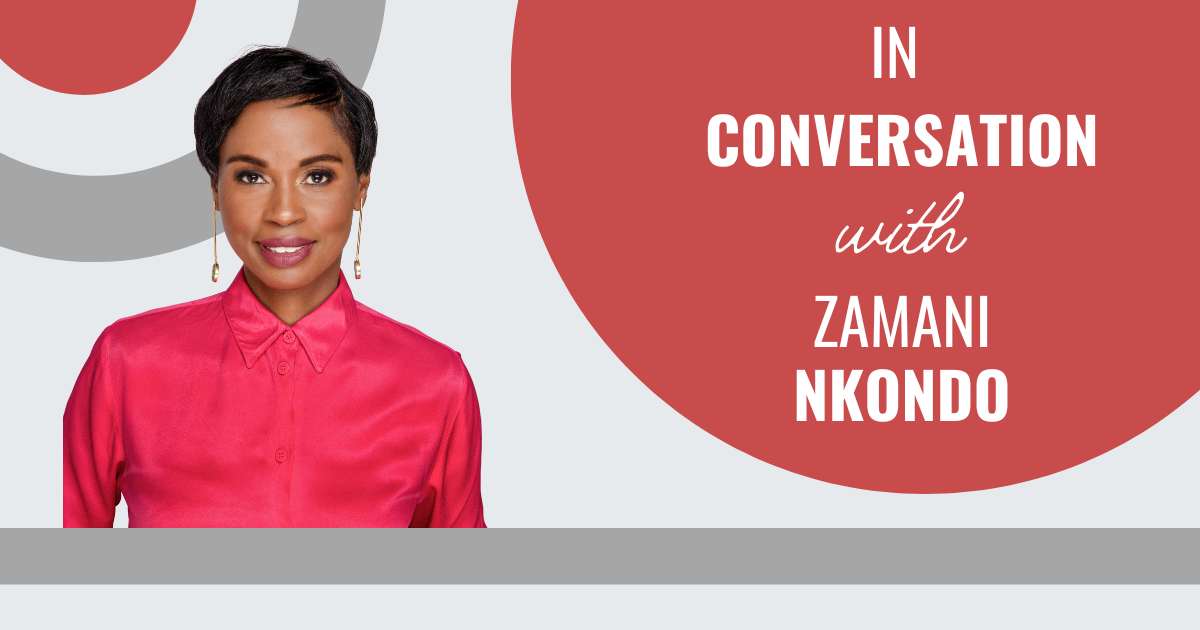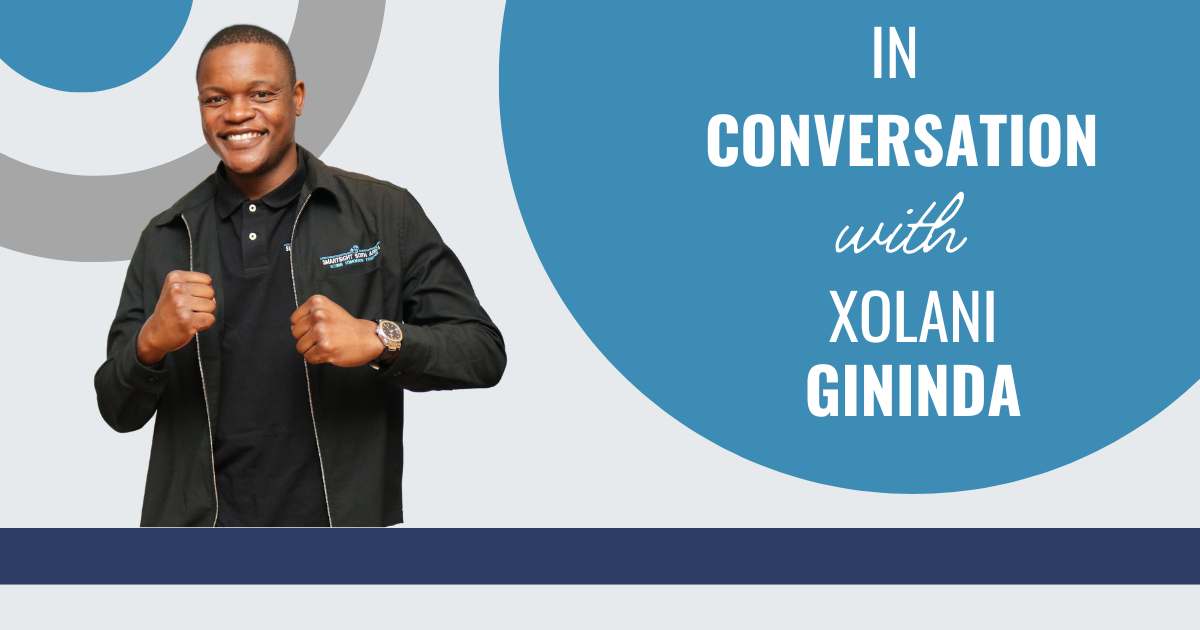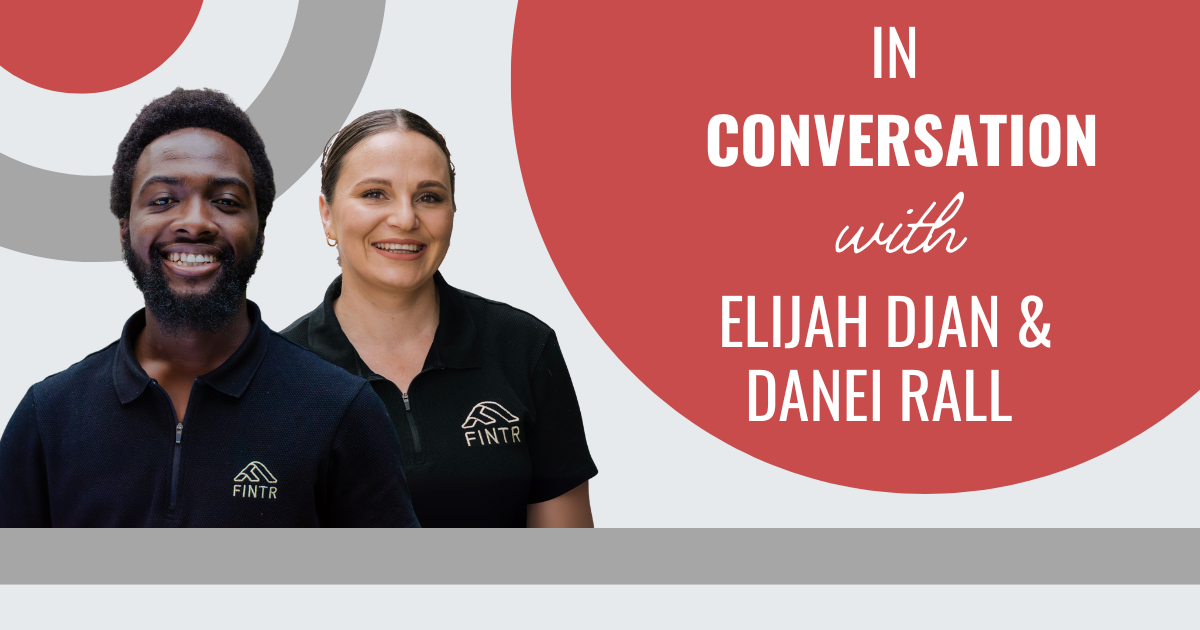
Far too often, finances become a topic that isn’t talked about in households. This is what the founders of Fintr experienced. Growing up, money, and especially financial literacy, were seen as something that children shouldn’t worry about. That’s the parents’ problem, right? But if this taboo is contributing to the cycle of poverty that many ordinary South Africans find themselves in. This is what these two founders are advocating for.
Personal finance is a skill that should be instilled from a young age. Yes, this may sound boring, but combining this vital knowledge with gamified learning allows children to practice this skill in a fun way, so they have the tools to help them succeed long-term.
The Birth of Fintr
Because financial literacy was such a negative topic in both cofounders’ childhood homes, both Elijah Djan and Danei Rall saw the impact it had on their lives. “This led us on a journey to understand money for ourselves,” the cofounders agreed.
“During our final year of studies, we connected over our shared knowledge and passion for personal finance. Then, in 2020, when everyone around us was stressing about money, we decided to do something about it,” Rall shares. “We entered an ideation competition and decided that the problem we would tackle is the lack of financial literacy. Our deep personal experience, combined with the massive need for better financial literacy solutions, is what started Fintr and what keeps it going.”
The spark that ignited the business and its flagship products didn’t just happen overnight. Developing the first game and those that followed took a lot of listening, testing, and sometimes going back to the drawing board.
“Our games came to be through listening to our customers,” Djan notes. He remembers how FinMaster, their board game, came to be.
“One of our mentors had a stall at a market day and asked us if we had something to sell there. We only had our digital solution at the time, and selling a digital solution in the market is quite hard. People come to a market to leave with a physical product, not to buy a subscription.”
“A few weeks before this, we had a crazy brainstorming session thinking about all the different products we could build to solve the financial literacy problem,” Rall chimes in. “The ideas ranged from a money-themed theme park, to a Pixar-type movie, to embedding Neuralink into kids so they have positive behaviours by default,” Rall laughs. “Don’t judge!” she adds, emphasising the wild ideas that come from a brainstorming session.
Djan elaborates that one of the ideas we had was creating a board game. This made sense because both Djan and Rall love playing games. “In three days, we designed and made the first version of FinMaster for the looming market day. We made ten games and sold four at the market day. However, we still didn’t pay too much attention to FinMaster, we just wanted to sell our digital products.
“Over the following months, more and more people showed interest in the board game. But once again, we ignored them and told them they aren’t for sale anymore,” he admits. “The queries kept coming; parents kept telling us they lack the tools to teach their children about money, and families are hungry to spend quality time together away from screens. So, we decided to take these signals seriously even though they seemed controversial. This took us on a 10-month journey of testing, refining and iterating the board game until we launched in December 2024.”
Tangible Products with Tangible Results
With their focus on helping the next generation to make wise decisions with money, Fintr aims to serve everyone who influences children: from parents and schools to the child’s peers. For this reason, there are a few solutions that they have developed.
Fintr4Schools is a digital gamified learning platform that is mostly used in the grade 7 EMS classroom. “We will be extending it to other grades soon!” Djan points out. “It takes learners on a journey to become money heroes. They have to fight off money villains like Saverstrain by engaging with our comic-style content, completing practical activities related to what they learn, and competing with one another to reach the top of the leaderboard. We will also be introducing mini games on the platform soon!”
For parents, there are a few solutions. “Firstly, our board game, FinMaster,” he says. “It is designed for anyone from 13 to 113 to have fun together while also learning about money. It takes players on an investing journey where they have to grow their net worth by buying different types of assets and playing market events strategically to either benefit their own portfolio or wreak havoc on everyone else’s plans.
“The limited edition FinMaster is sold out, and the 2025 edition is ready for retail as we speak. With manufacturing, economies of scale are key and high volumes increase profitability. We did pre-orders to manage demand and costs for the limited edition, but we won’t be doing that going forward. It’s time to go big.
“Secondly, we have a weekly newsletter filled with practical tips for parents to teach their kids about money and instil positive behaviours from a young age. We call it Mini Millionaires.
The brand also develops tailor-made financial literacy games for other brands, such as its Jargon Buster Entrepreneurship Edition in partnership with the Allan Gray Entrepreneurship Challenge.
“We will definitely be making more games in the near future,” the duo shares. “We already started one on the topic of cards and digital payments. We also have some ideas for board games on tax, scams, the banking system, and saving in the pipeline. Our big vision is to create a game for each financial principle. We envision a world where learning about money is as simple as playing a game.”
Teaching Children and Clients Financial Literacy
Recently, at the Edge Growth and Bank of America’s Fintech & Climate Accelerator Showcase Breakfast, Djan noted that a scalable business model was one of the lessons they learnt from the mentoring they received from Edge Growth.
“Through the mentorship component of the programme, we learnt to better position our value proposition to banks and other financial institutions. There is no question that a solution like ours is needed, but it is often difficult to figure out who needs to pay for it. We are on a mission to convince banks that financially literate clients are better clients for them, too. This will help us scale our business, and we will work with financial institutions to reach and have an impact on as many children as possible.”
Furthermore, the team shares that, to a degree, it is difficult to get buy-in from investors, but the biggest hurdle is having to educate not only your investor but your customers about the value and the need for the product. “How we’ve circumvented that by bringing investors and potential investors on the journey early. Investors don’t invest in the product; they invest in the founders. “To circumvent the product issue, we made investors realise why we are the founders to back! We do this through consistent communication, letting them know what we are going to do, and then showing them that we did what we said. This builds confidence that we are executors,” they conclude.
